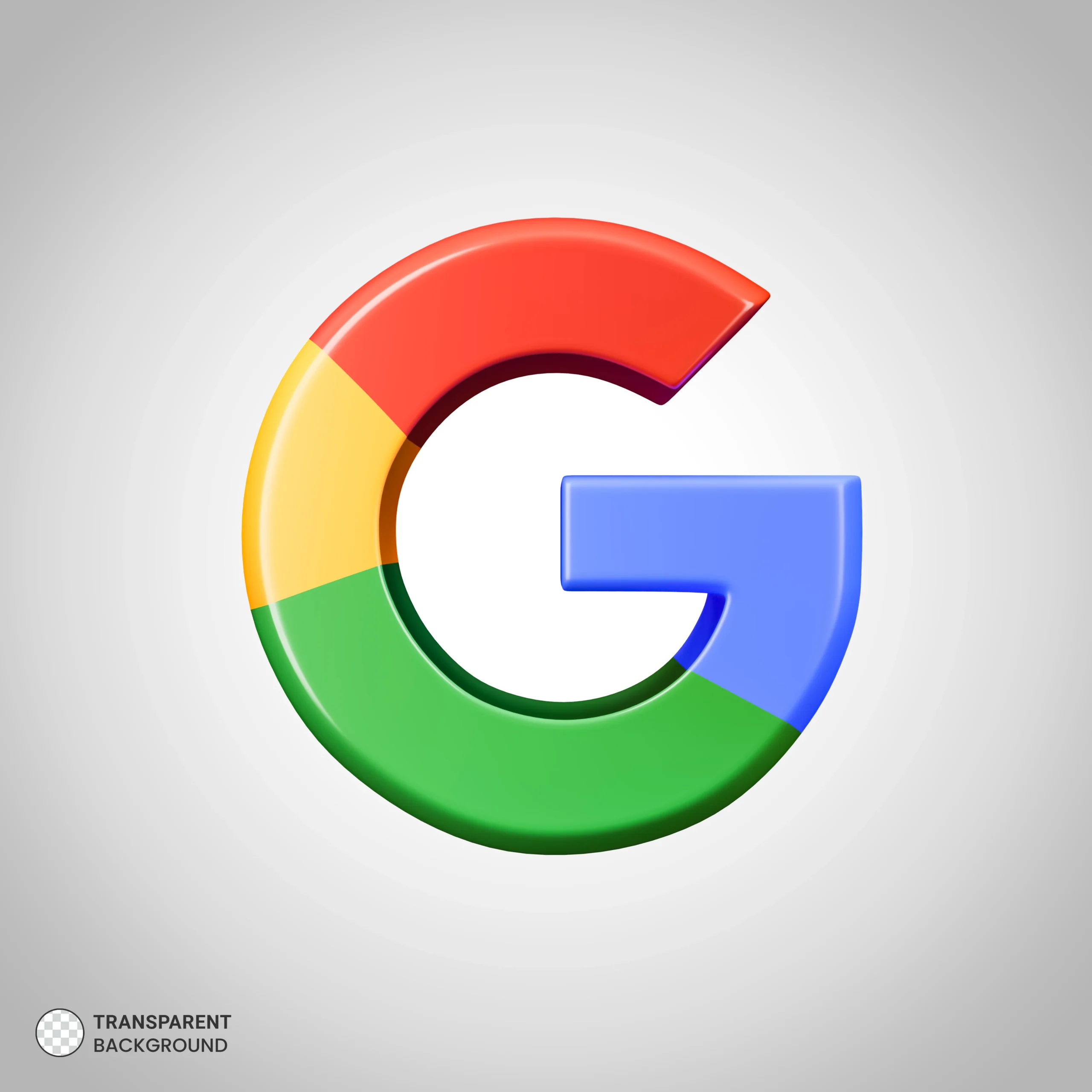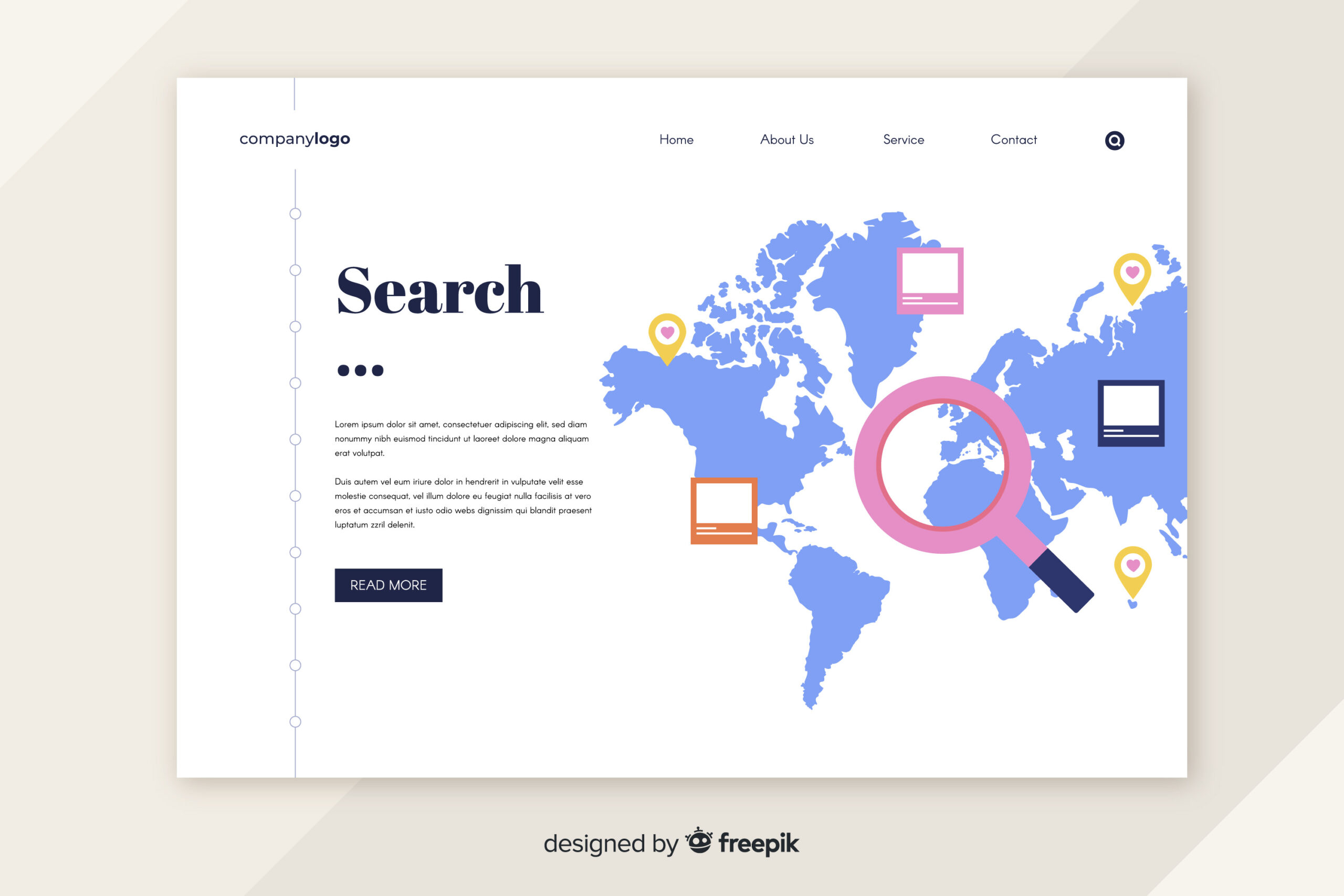Google E-E-A-T: What does E-E-A-T mean in SEO?
Table of Contents
E-E-A-T stands for experience (experience), expertise (expertise), authority (authority), and credibility (credibility). It is a term coined by Google as part of its Quality Evaluator Builds (SQEG) in search. Although search E-E-A-T does not directly factor into rankings, it does help Google’s quality ratings determine whether results are providing high quality and placement information.
E-E-A-T helps website visitors ensure that their content meets Google’s standard of quality and content. If you are following the principles of E-E-A-T, it is a trusted endorsement from your website visitors and users, which can ultimately improve your engine principles.
What are E-E-A-T symbols and what do they mean?
Google emphasizes on E-E-A-T stores because they are considered important for high-quality queries. Let’s understand this in simple ways:
Experience: This means that the author has experience on the topic. For example, if a product review or personal experience is being shared, this will be most important.
Expertise: This means the author or the site has writing knowledge and skills in the topic concerned. Especially expert opinions like health, finance, and law are given more importance.
Authority: This means what name and identity the author or website has in that field. If other reputable sources mention your website, it is good for you.
Reliability: This means how accurate and reliable your information is. This includes proper proof checking and author shop.
If you take care of these four things, it will be in line with Google’s standard standards.
History of E-E-A-T E-E-A-T
History of E-E-A-T E-E-A-T began with a Google core update on August 1, 2018, which caused a major change in the ranking of many sites. After this update, SEOs saw that more importance was being given to content that better incorporated expertise (expertise), authority (authority), and credibility (credibility).
In late 2022, Experience (Experience) was also added, completing E-E-A-T, so that personal experience could also include ‘expertise’.
Experience (Experience):
When we experience something, like buying something from a shop, eating in a restaurant, or visiting a place, we come to know about it ourselves. Google’s objective is that in any article, a particular person is paid by experiencing that thing himself. For example, if a person is writing about a shop or restaurant, did he see the seller there himself or bought something? If he experiences it himself, then his information is considered more true and reliable.
When you are also making some film of yours, if you have experienced that thing yourself, then people will trust your words the most. For example, if you are telling about three different brands of mango products, then if you have tasted all those food items and told about them, then he will ask for relevant information.
Expertise:
Expertise means that you are involved in what you are writing about. Like if a doctor or lawyer writes something, then his information is considered most correct because he has studied in that subject. But if you are writing on a topic that is related to your daily life, then you can also connect with your experience. For example, if you are telling easy ways to clean the house, then you will learn by yourself and share relevant information.
Authenticity:
This restricts how much other people consider you an expert. If a big newspaper or website mentions or links your article or information, then it is to retrieve your authenticity. This means that your information can be reliable.
The most important thing for Google is that the information given on your website or article is reliable. This means that the information you are giving is correct and go to the link below to prove it. Also, the contact information given on your website is correct, security is good, and your traveler experience is good.
What is the importance of E-E-A-T in the AI environment?
At the time of publishing this guide, the Internet is going through a significant change, thanks to the advent and publication of Artificial Engineering (AI). Many new experimental platforms such as Google Bard, Google SGE, ChatGPT, OpenAI and New Bing are trying to make their mark in the digital world. The ability of many of these faculties to generate large amounts of content, makes it difficult for publishers to discover how they believe these options match or contradict E-E-A-T principles. Let’s re-embed the context of AI-produced content:
1) What can AI experience?
Probably not. AI or robots cannot prove real-life properties. It cannot experience human emotions, which are necessary to understand any human experience. AI can only imitate humans. Of course, AI produces “hallucinations”, such as the false claim by Google Bard that it unfortunately talked to people in a Mexican restaurant. AI can realize experience, but not actual experience.
2) What expertise can AI offer?
Probably not. A chatbot can have the same expertise as an expert and have a variety of origins, but just because it has been trained, neither does it mean it is intelligent or has acquired practical expertise from life. AI should not be considered a substitute for a human expert in your institution, and has already been found to be wrong in several cases, such as ChatGPT incorrectly generating court references. Members of the YMYL category should be particularly careful when they use AI to create content that is publicly disclosed, and all information published needs to be verified.
3) What can AI prove?
This is an unexplored area. Authorization in E-E-A-T is largely based on consent by third-parties, and it is not yet clear whether entities in AI products will be approved for their expertise. So far it remains unresolved whether any intentionality or standard can be derived from the seat of AI.
4) What can AI trustworthiness prove?
Probably not. In fact, those who claim to be trying to fit AI into Google’s E-E-A-T advise publishers to disclose if any type of content is created by AI, because there is a question of perception.. Many SEO experts are worried that AI may add low-quality content to the internet and lose people’s trust.
Google’s position has now become interesting. For years, Google has requested humans to create content for humans and instructed to use experts from its organization. Now, Google itself has joined the AI race, and publishers are being given the option of automated content generation.
What is Google’s steady position with regards to AI?
According to Google, the use of AI is not restricted as long as it is not being used to scale search rankings.
Google attests that automation has long been part of online publishing and that AI has a “new and interesting” helpful feature for generating useful content.
Google says there is no need to worry about low-quality content generated by AI, as Google removes it itself and has the ability to promote high-quality content.
Google does not yet require disclosure of AI-generated content from publishers, although it says it may be considered “useful”.
How does the Helpful Content Update (HCU) relate to E-E-A-T?
The 2022 “Helpful Content Update” (HCU) has also highlighted and increased the importance of E-E-A-T. This update outlines the basis of a website’s overall content to determine whether it is useful or not, and includes incorporating the principles of E-E-A-T.

